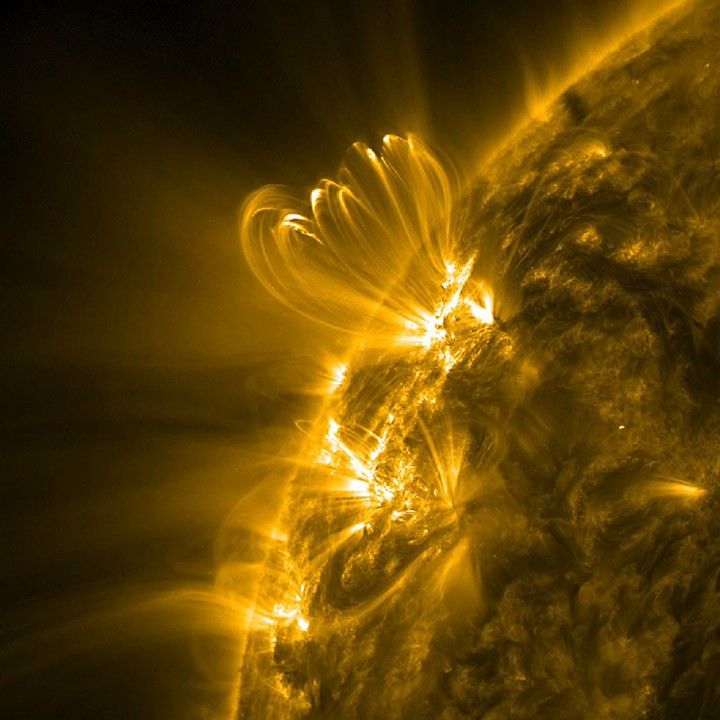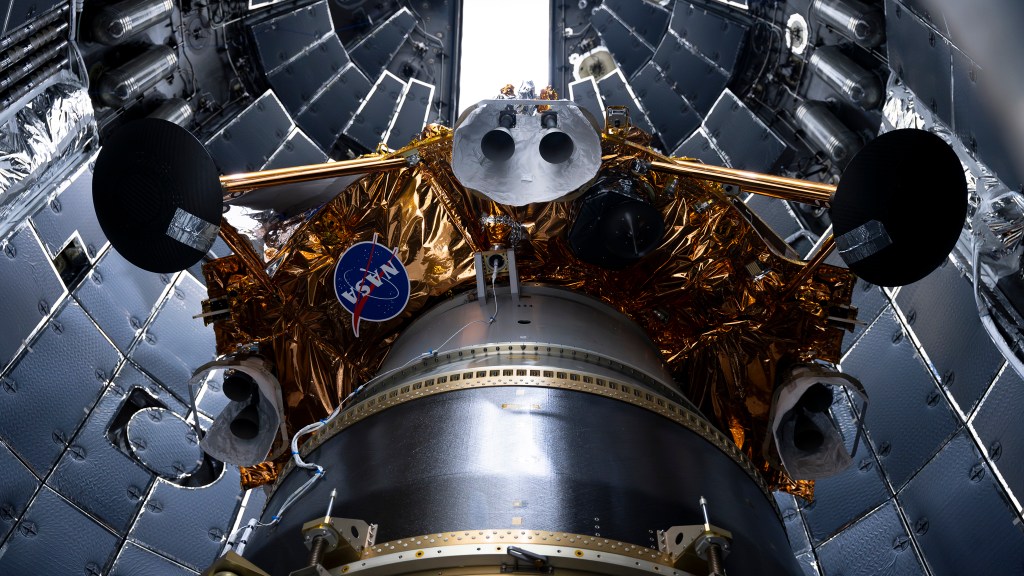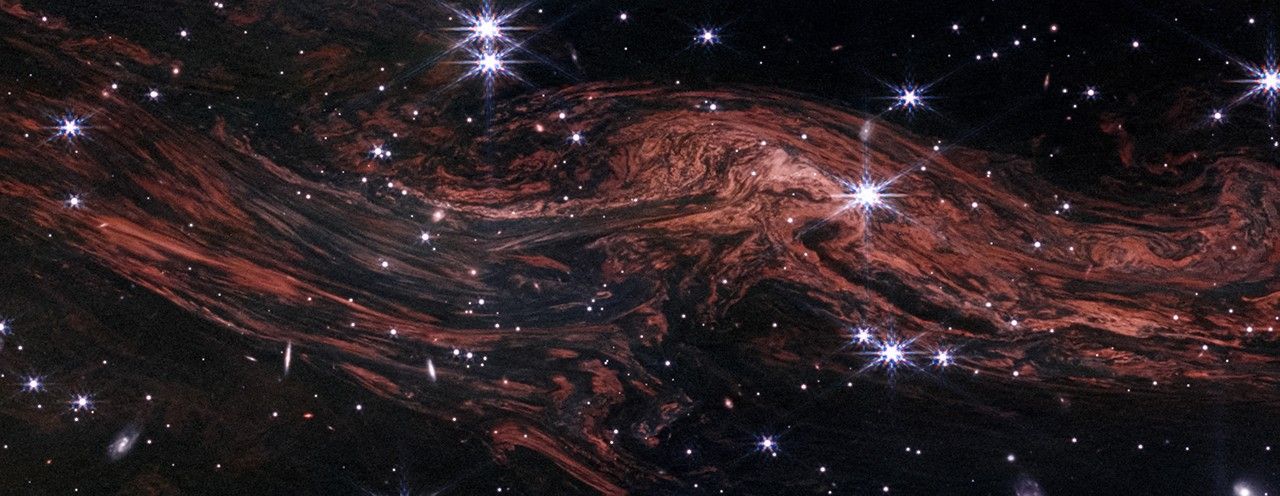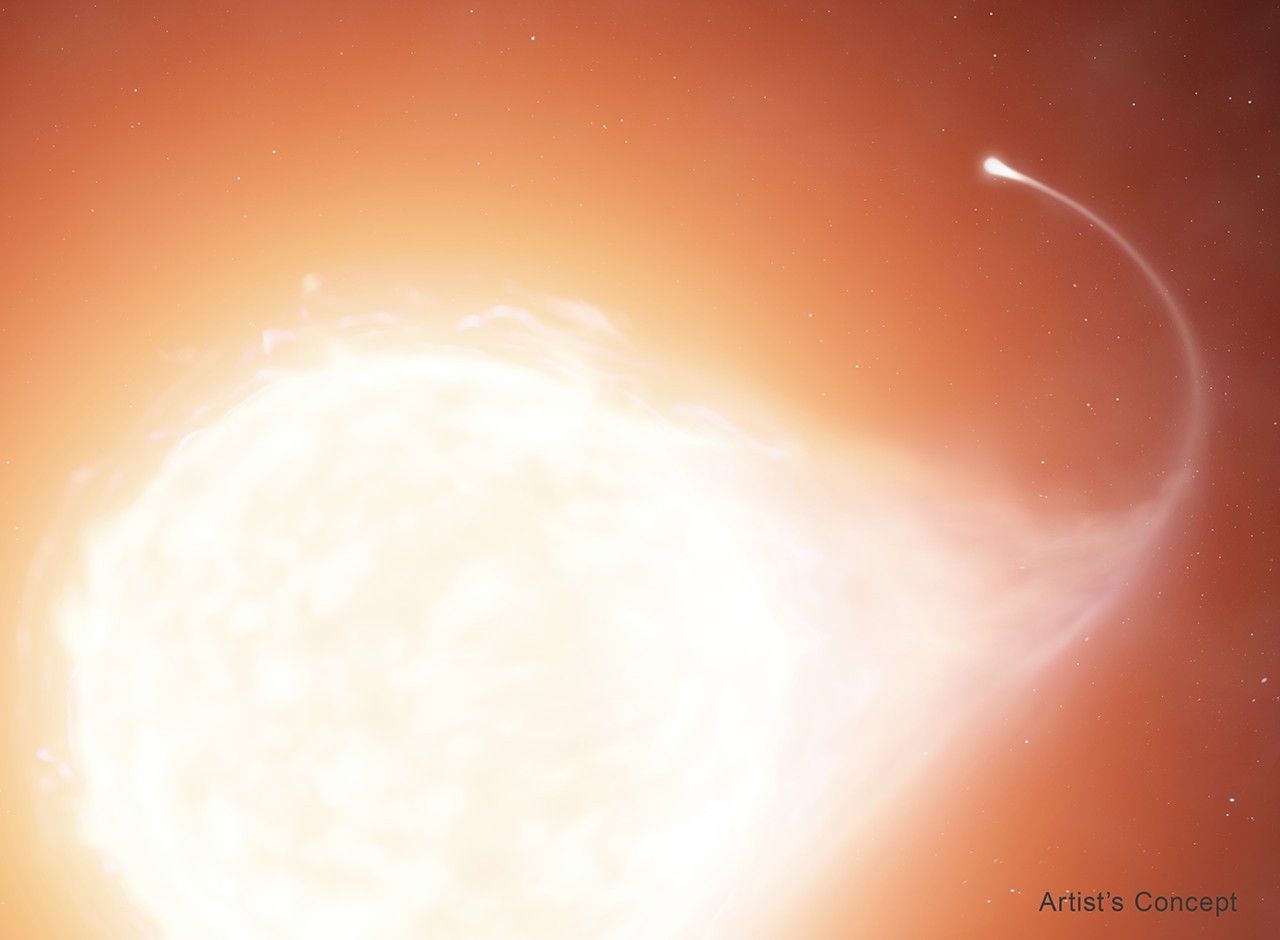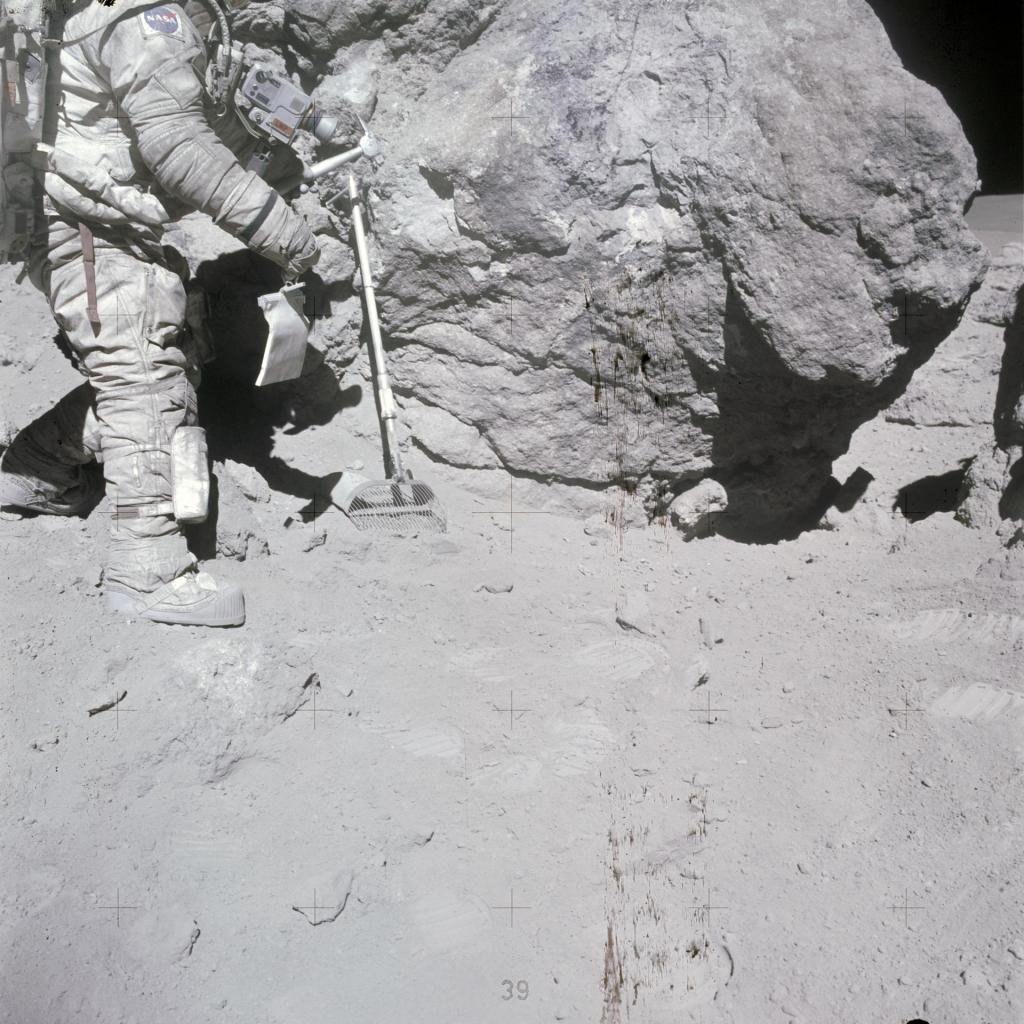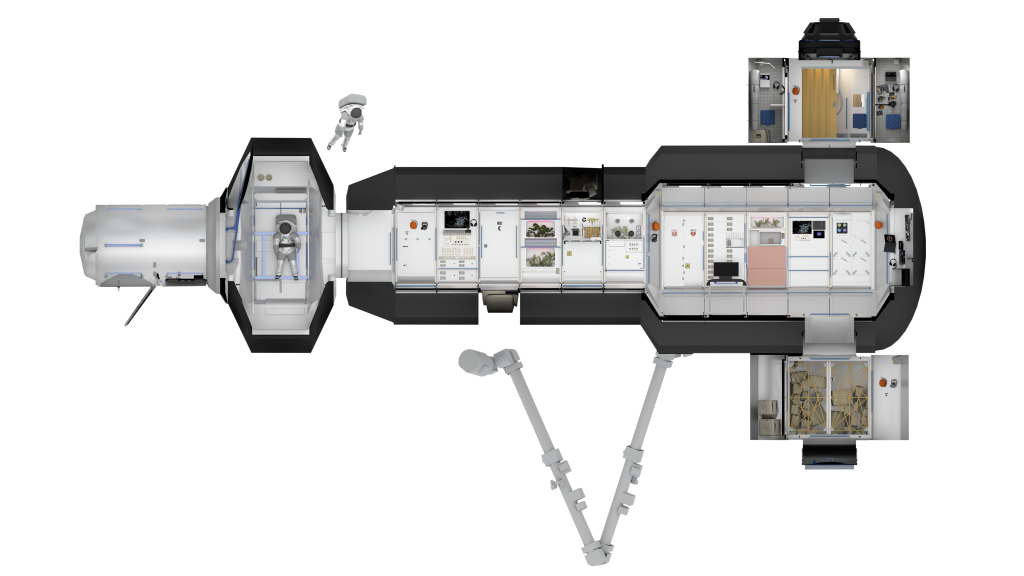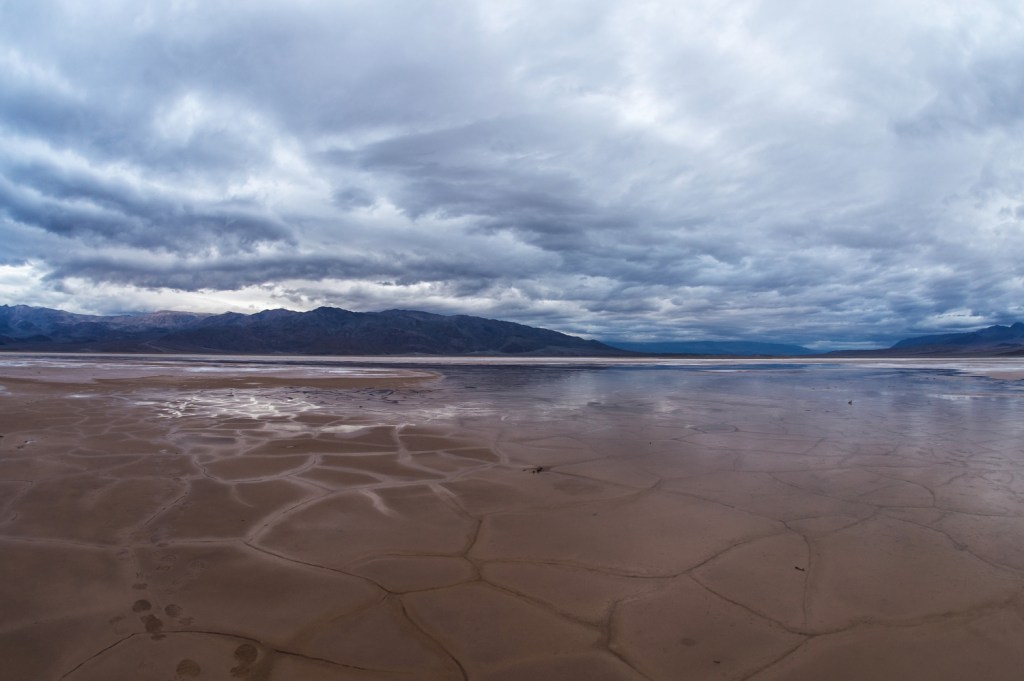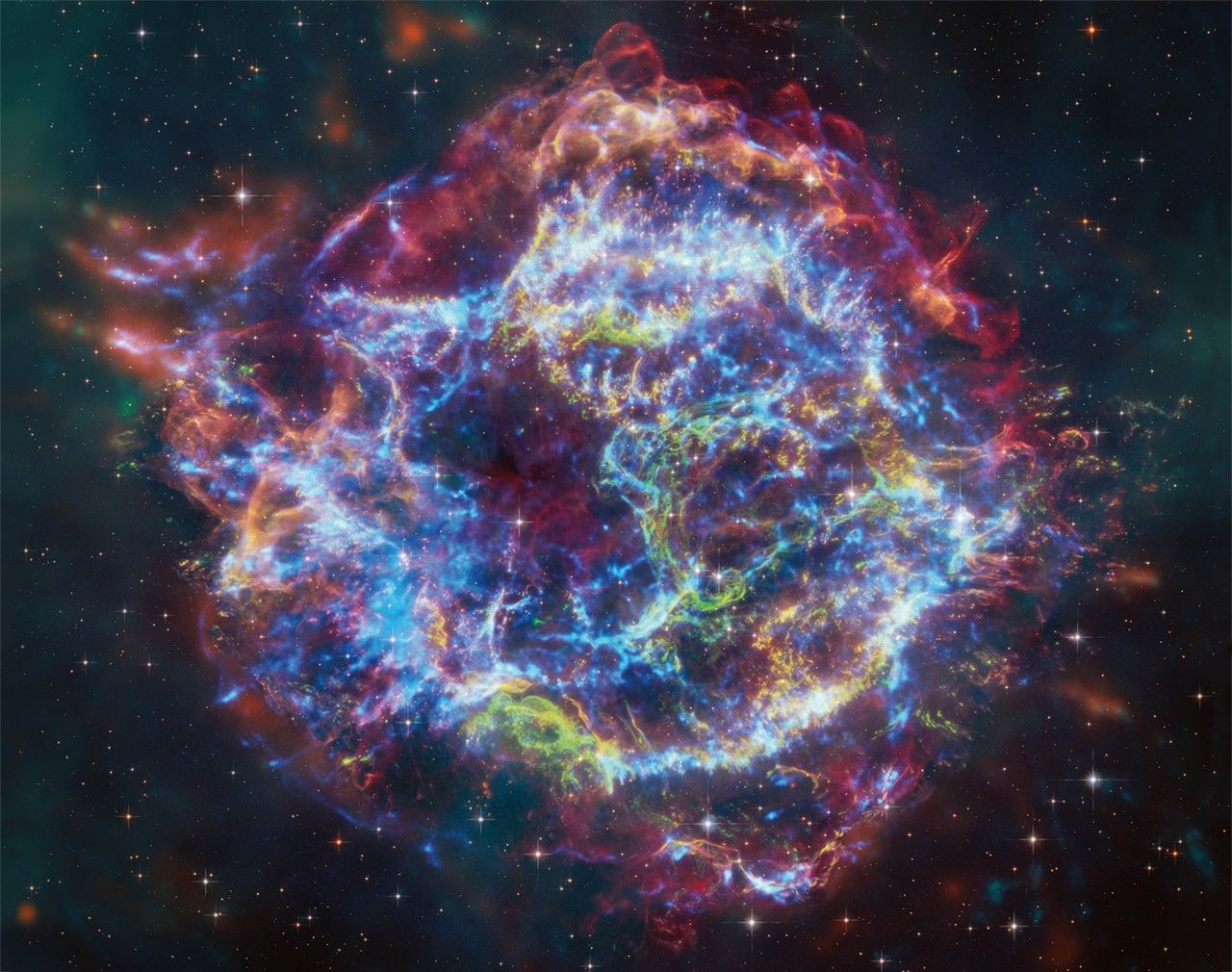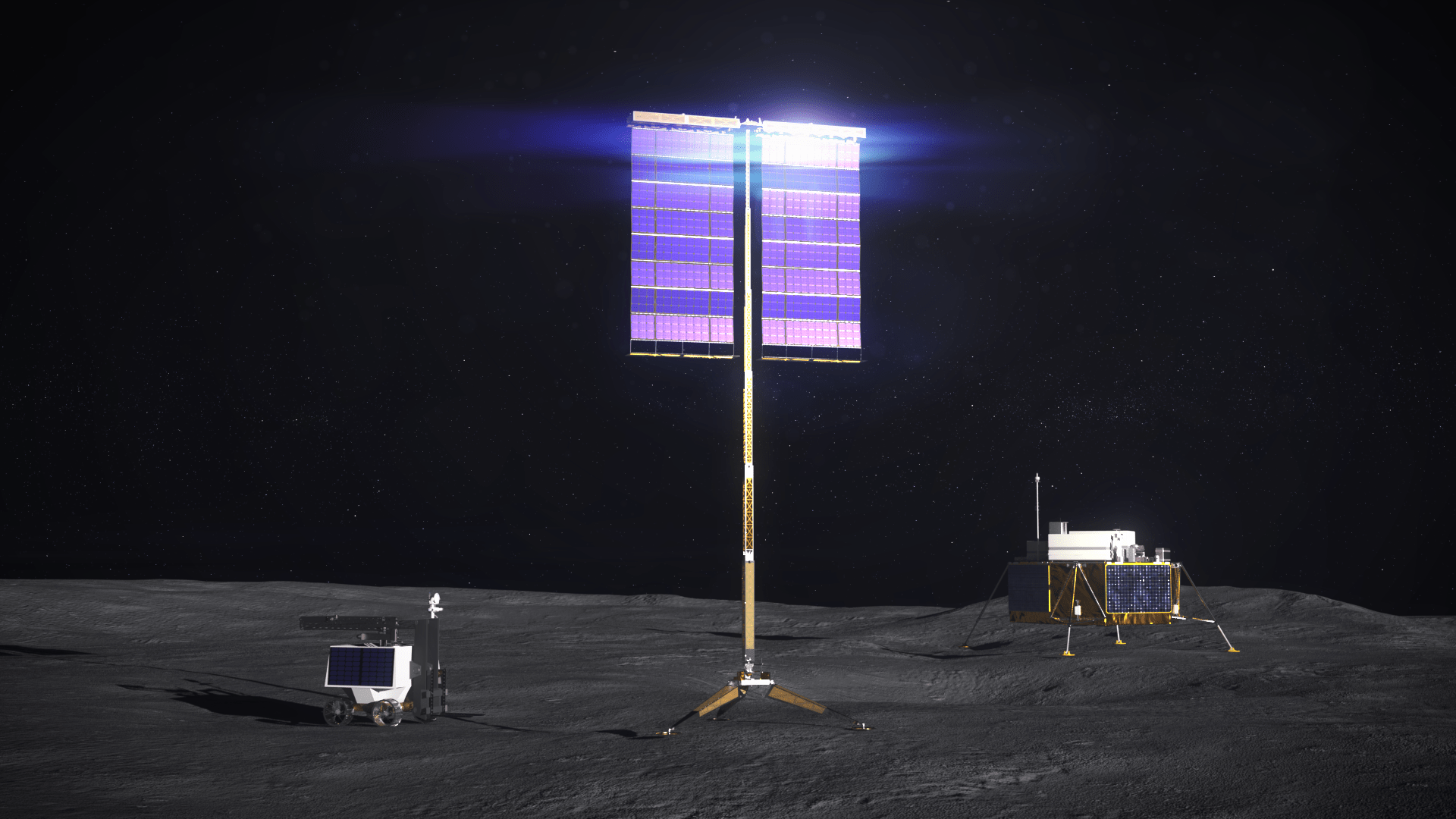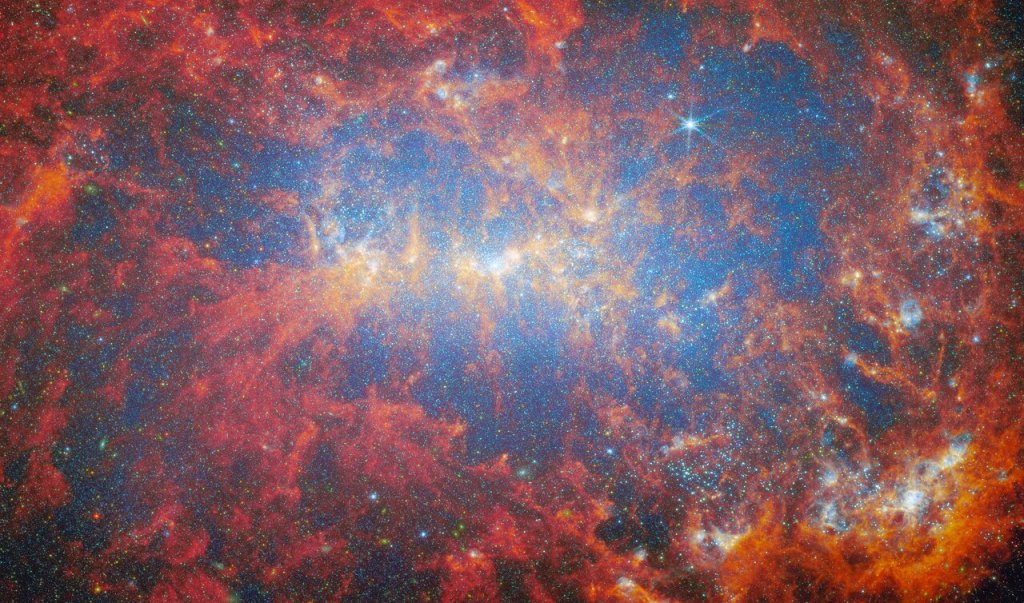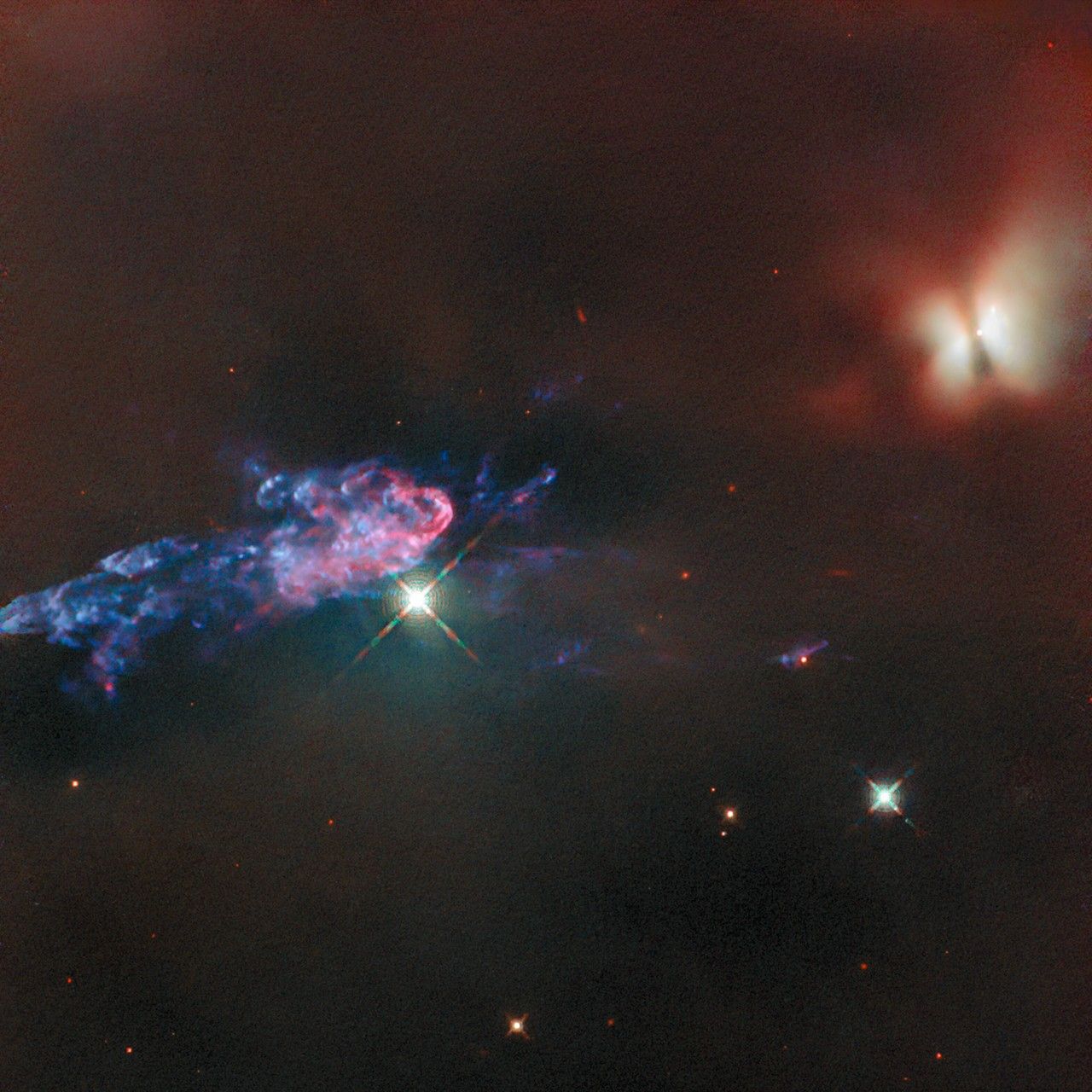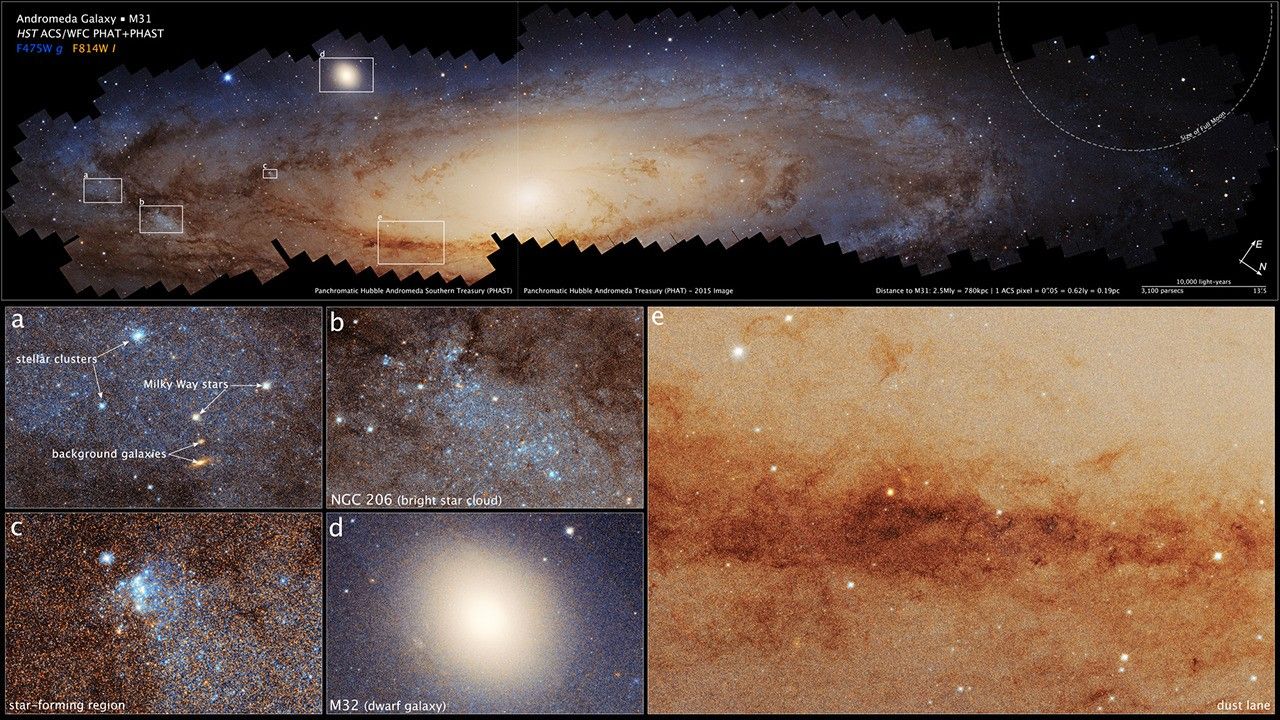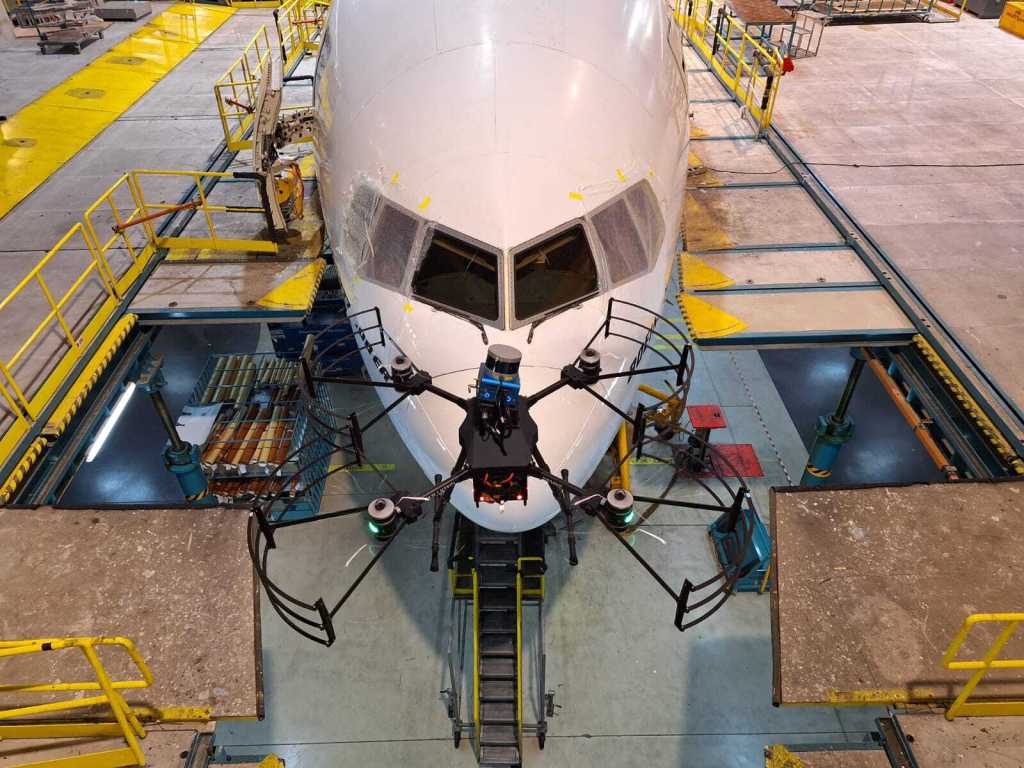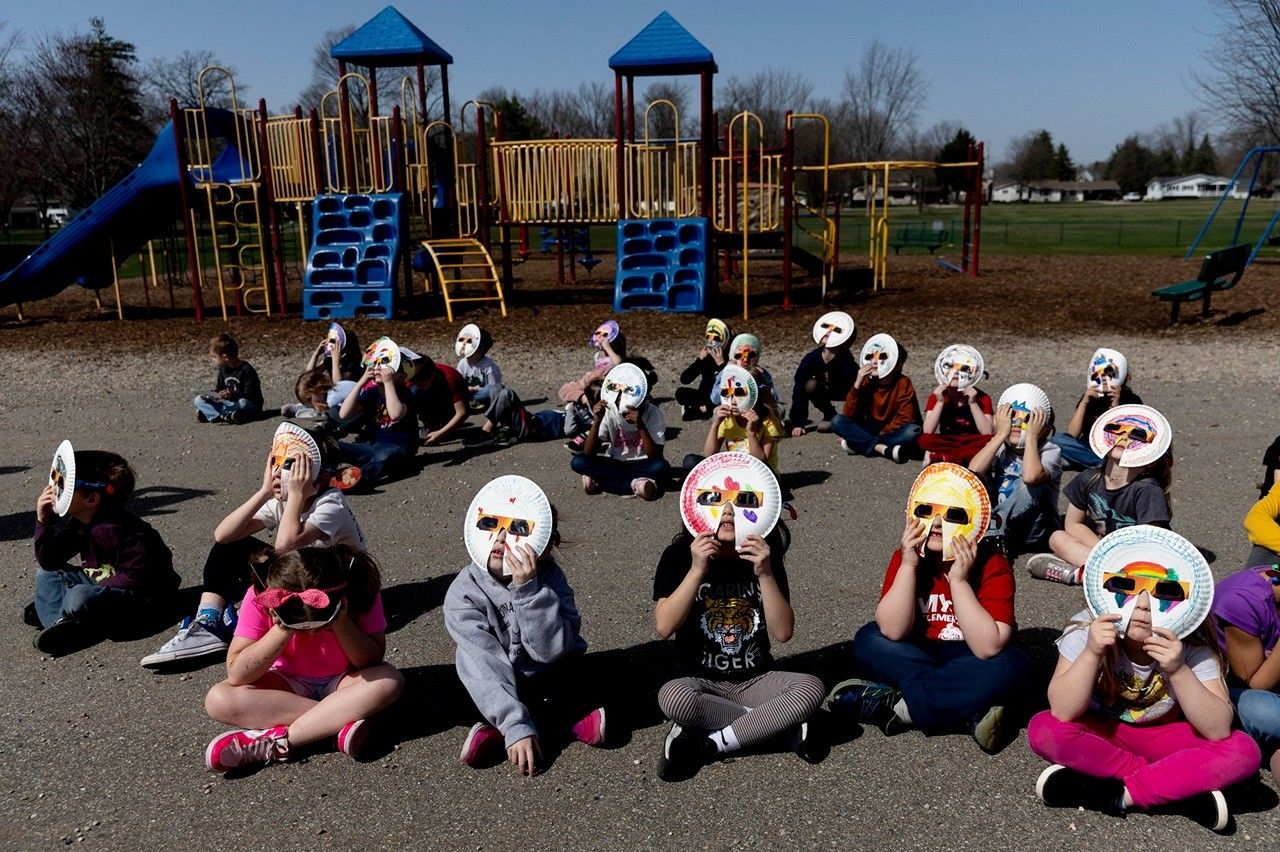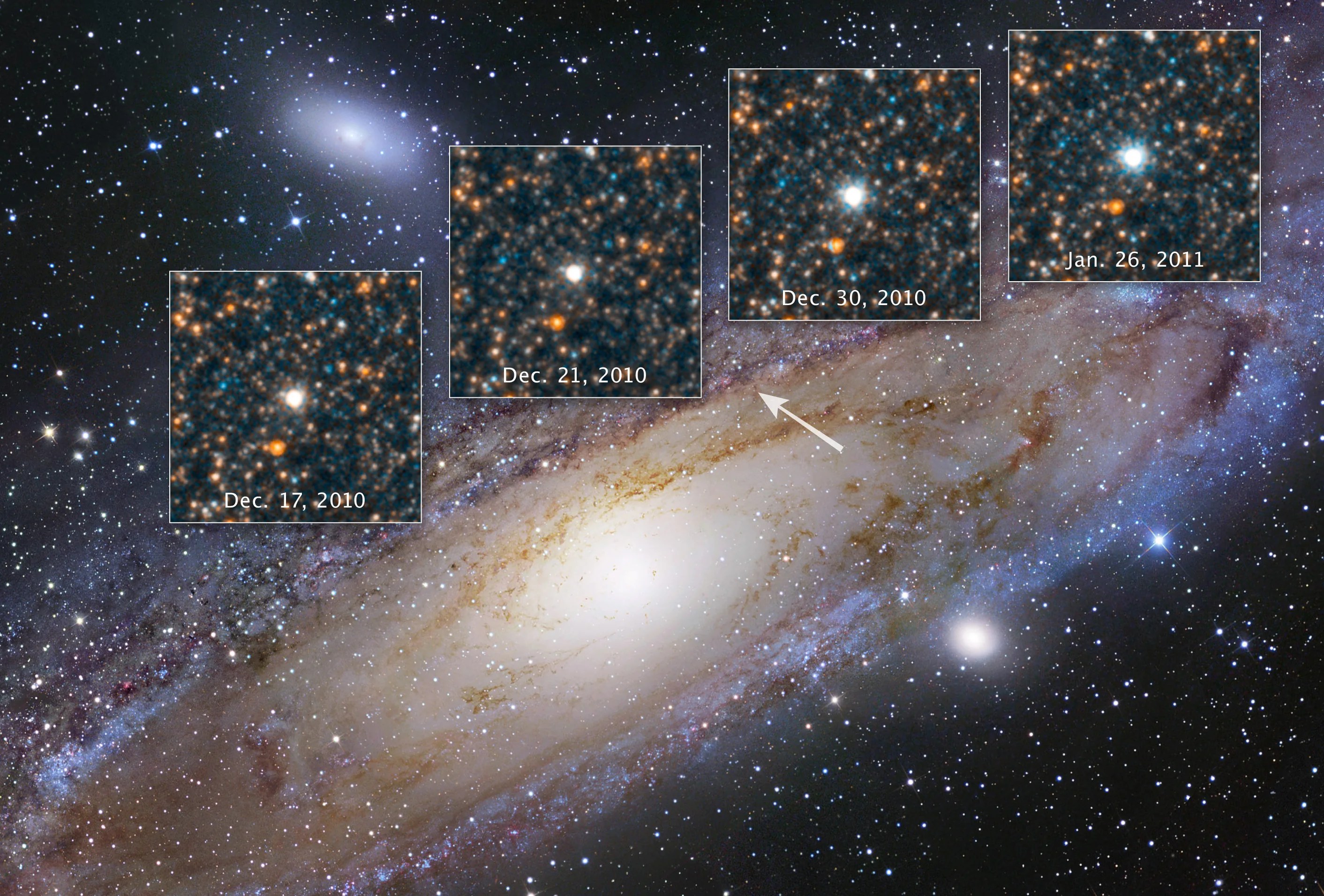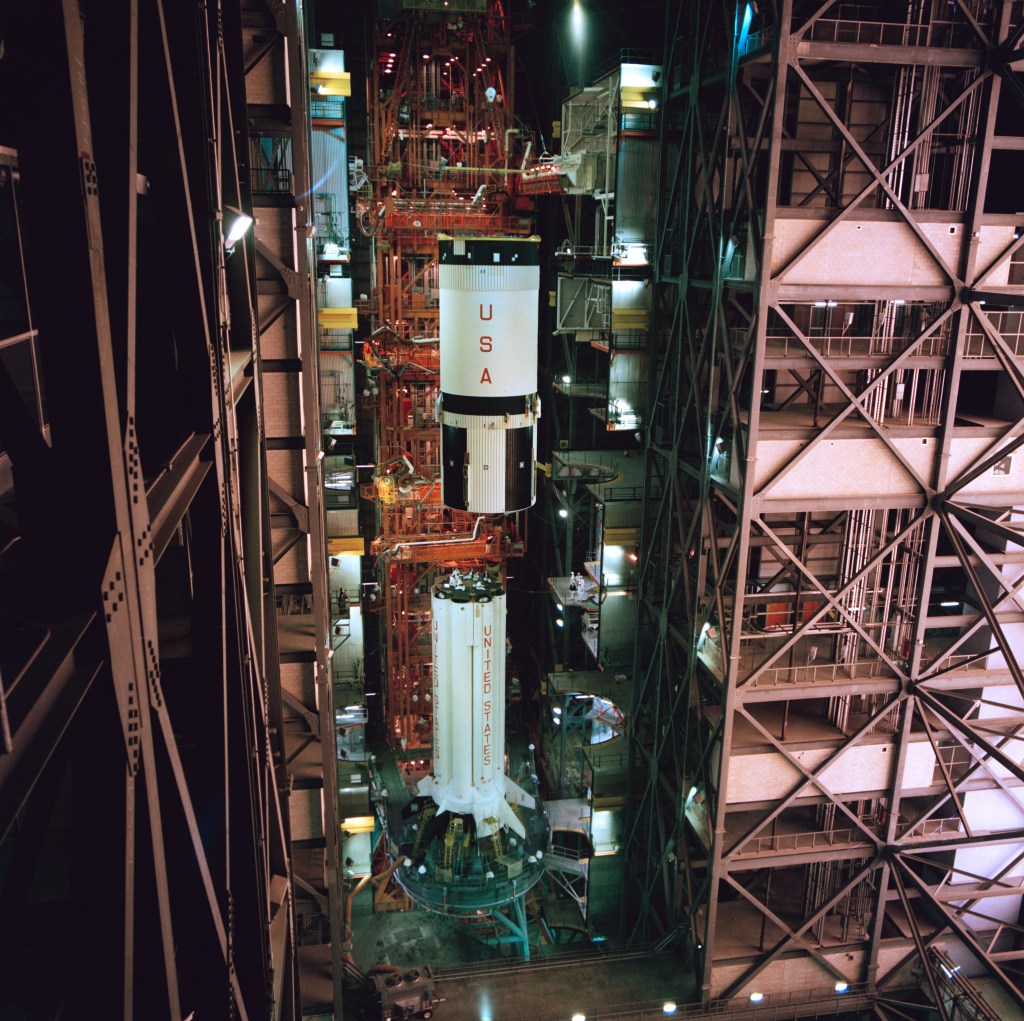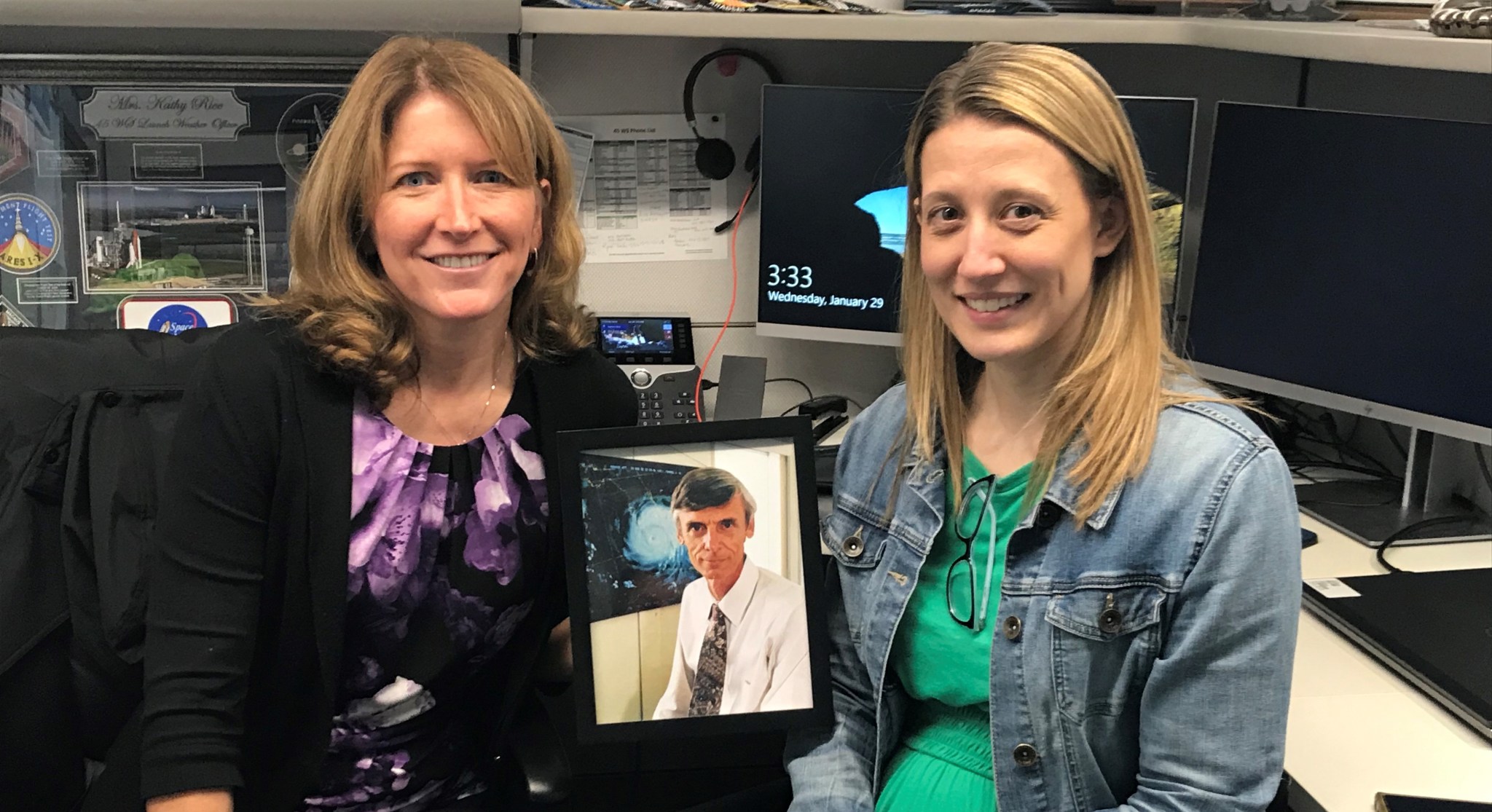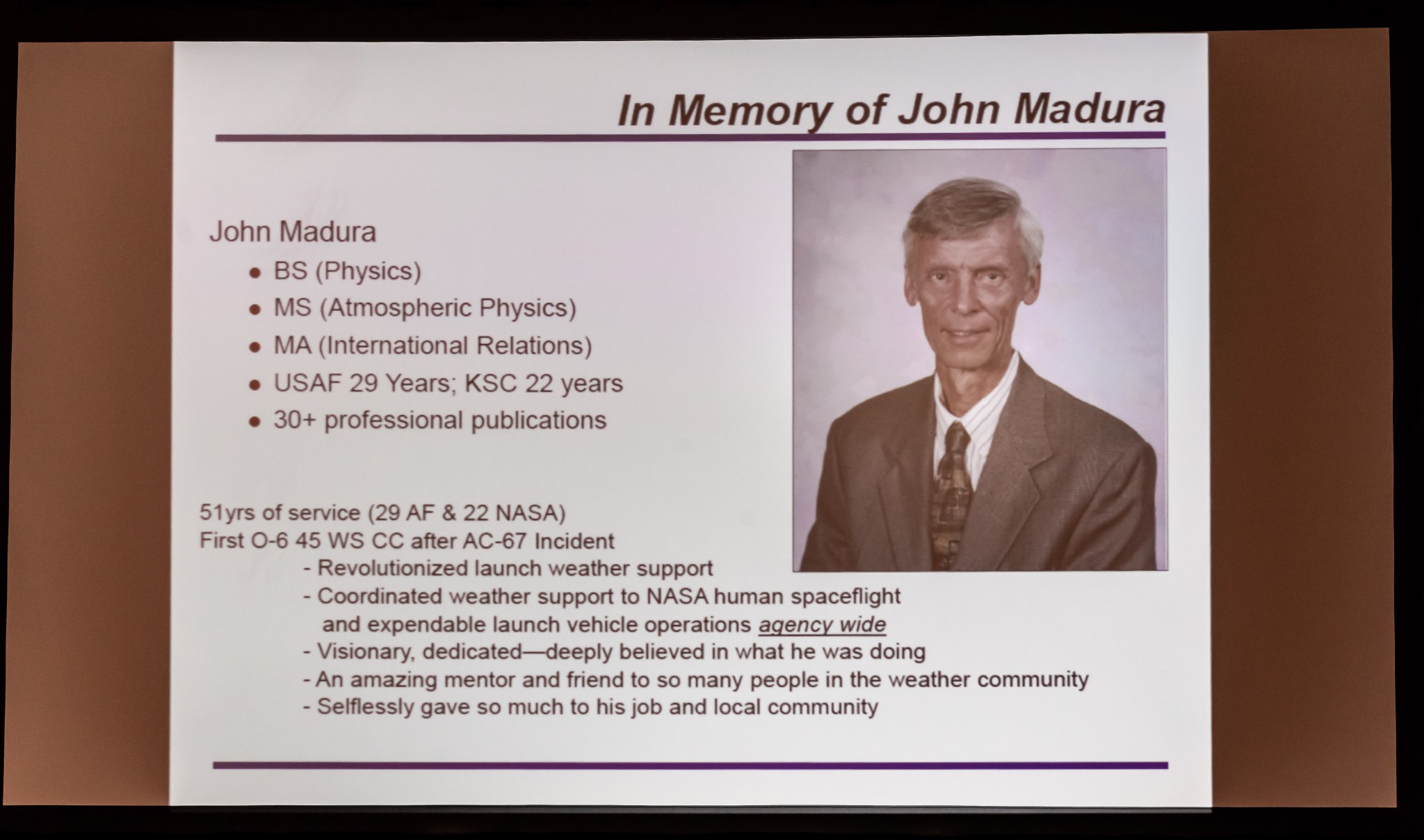By Jim Cawley
NASA’s Kennedy Space Center
Weather Officer Kathy Rice keeps a photo of John Madura at her desk in the Central Campus Headquarters Building at NASA’s Kennedy Space Center in Florida. Though Madura passed away in August 2014, Rice feels in many ways like the former leader of Kennedy’s Weather Office never left.
“I feel like he’s always here; his influence is always here,” Rice said.
At the recent 100th annual meeting of the American Meteorological Society (AMS) in Boston, Madura was honored by having an Aviation, Range, and Aerospace Meteorology (ARAM) session named after him. The named session recognized Madura “for his efforts in revolutionizing range meteorology to improve the safety and efficiency of range aerospace operations.”
“We were so thrilled when we heard about it,” Rice said. “We were like, ‘This is perfect; this is amazing.’ We let his daughter know right away.”
The conference, which took place Jan. 12-16, was attended by thousands of scientists. One of those is Kennedy Meteorologist Kristin Smith, who met Madura as an intern in 2006 and later worked with him in the Kennedy Weather Office. Smith was delighted to see so many people at the conference who knew Madura, speak highly of him and praise his work.
“He was very welcoming; he was always wanting to help you be your best,” Smith said. “If there was something you wanted to learn or excel at, he would try to find whatever training or services — or people — to help you to do that.”
Madura’s name was submitted for the session by Ryan Decker, who works in the Natural Environments Branch at NASA’s Marshall Space Flight Center in Alabama. Madura supported Decker and his team in acquiring meteorological data from vital instrumentation systems for more than a decade.
“This was an ideal opportunity to recognize the significant contributions John made over his career in the field of range and aerospace meteorology,” Decker said.
“John’s integrity was what I admired most,” Decker continued. “If ever there was an issue that needed to be worked, I could rely on him to get a resolution — and in a timely manner.”
Madura continued the oversight of the Lightning Advisory Panel, which is managed by Smith, and helped lead the development of the lightning launch commit criteria used by NASA and the U.S. Air Force. He served as manager of the Kennedy Space Center’s Weather Office from 1993 until his death at age 71.
Prior to coming to Kennedy, Madura was commander of the U.S. Air Force’s 45th Weather Squadron at Patrick Air Force Base in Florida. That’s where Rice first made his acquaintance as an ROTC student at the University of Central Florida.
“He was a full bird colonel, and he took the time to show me around and talk to me about the weather career field,” Rice said. “He totally convinced me to be a meteorologist.”
Rice said Madura was a mentor to her in every sense of the word. He was always teaching, she explained, adding that he was tireless in ensuring weather support was appropriate and accurate for launch.
“John cared about work and what he was doing here — he was really driven,” Rice said. “But he also cared about people and really connected with people.”
Rice said Madura was known for taking walks in Cocoa Beach, where he lived, and enthusiastically engaging locals and tourists along the way.
“He would carry NASA patches and hand them out to people,” Rice said. “John loved talking to people about NASA; he just loved to share all the exciting things we were doing here.”

